Monday,
Dec 22
Goerlitz
4°
Tuesday,
Dec 23
Goerlitz
-0°
Wednesday,
Dec 24
Goerlitz
-1°
Thursday,
Dec 25
Goerlitz
-3°
Friday,
Dec 26
Goerlitz
-3°
Saturday,
Dec 27
Goerlitz
-2°
MORE IMPORTANT INFORMATION ABOUT YOUR TRAVEL TO Goerlitz
The Train station is located at the center of Goerlitz
Görlitz ([ˈɡœʁlɪts]; Upper Lusatian dialect: Gerlz, Gerltz, and Gerltsch, Polish: Zgorzelec, Upper Sorbian: Zhorjelc, Lower Sorbian: Zgórjelc, Czech: Zhořelec) is a town in the German federal state of Saxony. Located in the region of Lusatia on the Lusatian Neisse River, it is the second largest town in Lusatia after Cottbus, and the largest in Upper Lusatia. Seat of the district of Görlitz, Germany's easternmost district, its approximately 56,000 inhabitants also make Görlitz the sixth largest town of the Free State of Saxony. It lies opposite the Polish town of Zgorzelec, which was part of Görlitz until 1945. While not Lusatiophone itself, the town lies just east of the Sorbian-speaking parts of Lusatia. From 1815 until 1918, Görlitz belonged to the Province of Silesia in the Kingdom of Prussia, and later to the Province of Lower Silesia in the Free State of Prussia.
Source:
WikipediaADDITIONAL INFORMATION ABOUT Dresden
The Train station is located at the center of Dresden
Dresden (, German: [ˈdʁeːsdn̩]; Upper and Lower Sorbian: Drježdźany; Czech: Drážďany; Polish: Drezno) is the capital city of the German state of Saxony and its second most populous city, following only Leipzig. It is the 12th most populous city of Germany, the fourth largest by area (following only Berlin, Hamburg and Cologne), and the third most populous city in the area of former East Germany, following only (East) Berlin and Leipzig. Dresden is contiguous with Freital, Pirna, Radebeul, Meissen and Coswig, and its urban area has around 780,000 inhabitants, making it the largest in Saxony. Dresden is the largest city on the River Elbe after Hamburg. Most of Dresden's population lives in the Elbe Valley, but a large, albeit very sparsely populated area of the city east of the Elbe lies in the West Lusatian Hill Country and Uplands (the westernmost part of the Sudetes) and thus in Lusatia, while many boroughs west of the Elbe lie in the foreland of the Ore Mountains as well as in the valleys of the rivers rising there and flowing through Dresden, the longest of which are the Weißeritz and the Lockwitzbach. The name of the city as well as the names of most of its boroughs and rivers are of Slavic origin. Dresden is the second largest city in the Thuringian-Upper Saxon dialect area, following only Leipzig.
Source:
WikipediaImages of the trains for your trip


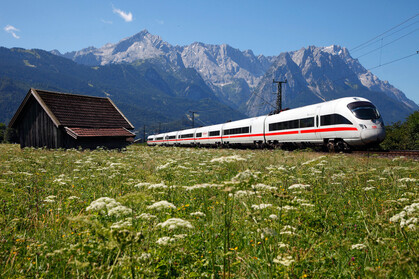

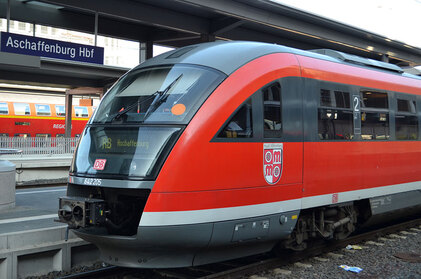







Where Can You Travel With Us?
TAKE A LOOK AT OUR MAP
France
Italy
Netherlands
Luxembourg
Austria
Germany
Belgium
Switzerland
Denmark
Sweden
Norway
Hungary
Czech
Ukraine
China
Active
France, Italy, Netherlands, Luxembourg, Austria, Germany, Belgium, Switzerland, Denmark, Sweden, Norway, Hungary, Czech, Ukraine, China
Upcoming
USA, Canada, Spain, Poland, Japan
Other Train Trips From Dresden
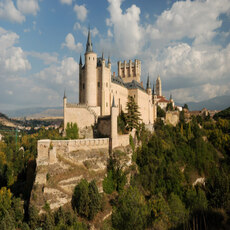
Dresden to Forst Lausitz
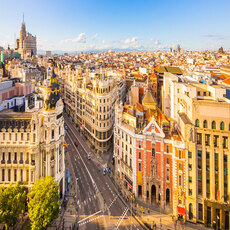
Dresden to Hanau North

Dresden to Frankfurt Eschersheim
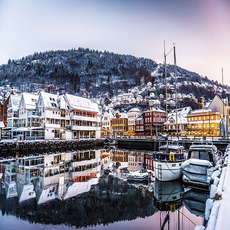
Dresden to Bad Camberg
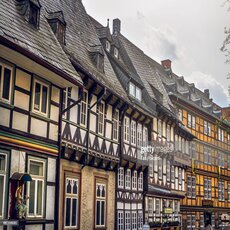
Dresden to Gummersbach

Dresden to Helmstedt

Dresden to Gernsbach
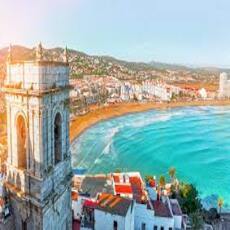
Dresden to Grafelfing

Dresden to Eggmuhl
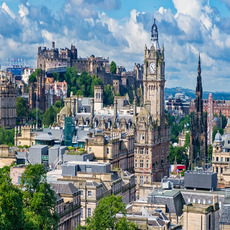
Dresden to Teltow

Dresden to Jossa

Dresden to Traunstein
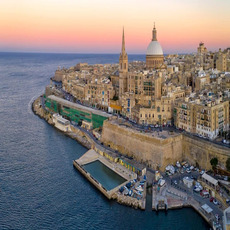
Dresden to Weissenfels

Dresden to Heidelberg Altstadt

Dresden to Fallersleben

Dresden to Potsdam Pirschheide

Dresden to Wittenberge

Dresden to Kaufering
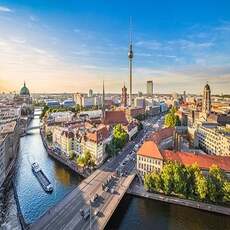
Dresden to Hegne

Dresden to Holthusen

Dresden to Grosshesselohe Isartal

Dresden to Herrnburg

Dresden to Hinterzarten

Dresden to Wanne Eickel

Dresden to Brotzingen Mitte

Dresden to Rheinbach
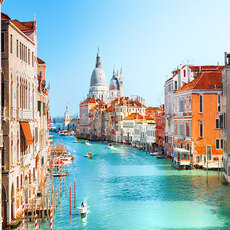
Dresden to Frauenau
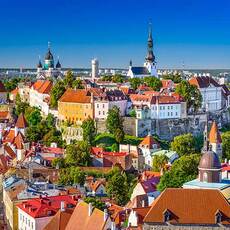
Dresden to Malchin

Dresden to Geseke

Dresden to Farchant
WHY YOU SHOULD TRAVEL BY TRAIN?
To travel from Dresden To Goerlitz, trains would be the best travel choice, for several reasons:
1
Eco-Friendly
Trains are the most environmentally-friendly way of transport to the EU Environment Agency. They are powered by electricity, which is renewable and has a low environmental impact.
2
Speed
Travelling by train is in most cases the fastest way to go from Rome to Milan. Trains usually travel at high speeds, making them the fastest way to get from one place to another.
3
Safety
Travelling by train is one of the safest forms of transport. Trains are heavily regulated and monitored, making them safer than other forms of transport.
4
Price
Travelling by train is often cheaper than other forms of transport, such as flying or taking a bus. Trains are often subsidized by the government, making them cheaper than other forms of transport.
5
Luggage
Travelling by train is a great way to transport luggage. Trains usually have plenty of space for luggage and they are usually safe and secure.
6
Luggage
Travelling by train is often faster than other forms of transport, such as driving or taking a bus. Trains usually travel at high speeds, making them the fastest way to get from one place to another.
7
Comfortability
Travelling by train is usually very comfortable. Trains usually have comfortable seating and plenty of legroom, making them a great way to travel.
8
Comfortability
Travelling by train is a great way to get some sleep. Trains usually have comfortable seats and plenty of legroom, making them a great way to get some rest while travelling.
9
WIFI
This is not necessarily the most important when you travel since we prefer to tell you to enjoy your travel without your phones, but on trains, you can find WIFI onboard, so you remain connected to the internet if you choose to.
THESE ARE THE TRAIN OPERATORS WE WORK WITH




















